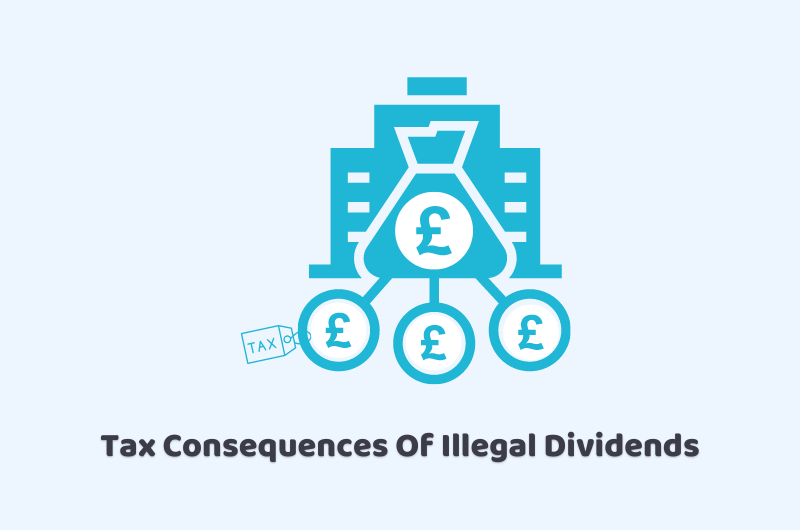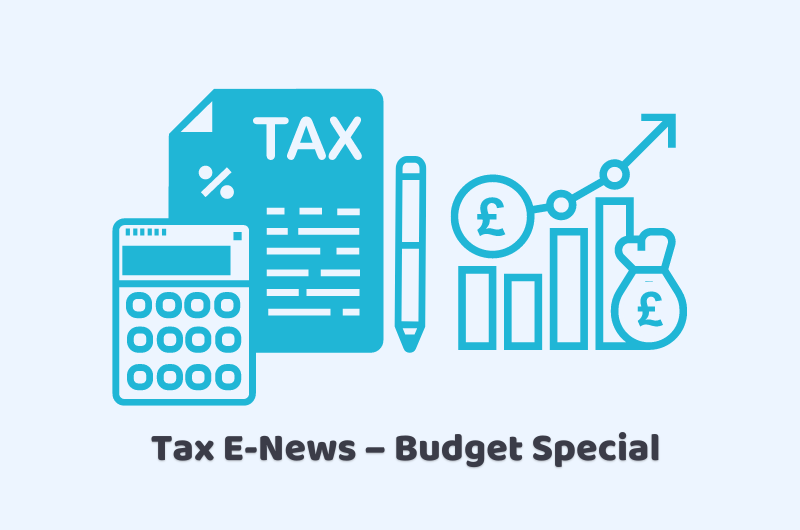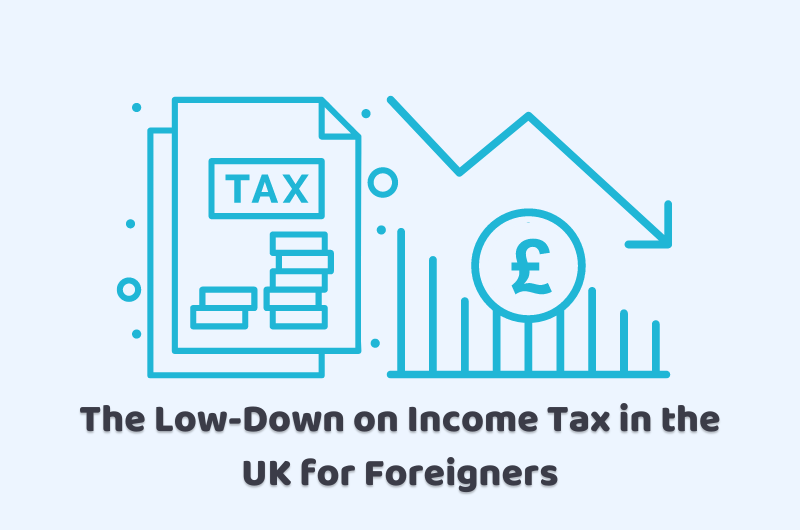
04/10/2022Accounting , Bookkeeping , Dividend Allowance
When we are associated with the business world, we all know that the undistributed profits of a business can help to declare dividends. It is required to follow the accurate procedures well in order to make all the relevant payments legal. If there is a scenario where a director tends to sanction illegal dividends, the concerned individual and the director both will be associated with a significant tax. This will be applicable if the director was not aware of the non-validity in this process. Tax treatment of dividends is important to understand here, this will allow you to know that the credits in a company’s account do not specify that the earned profits are enough for the business. Moreover, when it comes to the declaration of dividends for a company, the calculations must belong to retained profits.
Reach out to one of our professionals to get to know what is the best way to handle tax treatment of dividends for your business in the UK.
Tax Treatment of Dividends vs Salary
People often wonder about the directors and their salaries. The director of a company that is carrying out a business owned by another individual, the role of the director becomes a shareholder as well. There is always a beneficial factor involved when there is a split observed in the salary and dividends and the benefits are mostly related to the tax affairs. Such an arrangement achieves the following beneficial factors:
- There is no factor of attraction involved in the dividends for the national insurance contributions.
- The tax charges will be low because the rate of tax is lower on dividends as compared to the PAYE income.
- There is a separate allowance for dividends that is tax-free.
Moreover, these benefits allow you to become more and more tax efficient. This is why the directors tend to take a tax-free amount of the salary and the rest of it goes to them in form of dividends.
When is the Right Time to Pay the Dividends?
By now you must be wondering about the dividend payments and when is the most suitable time to pay. See the following listed factors to define when is the right time to pay the dividends.
- There should not be any duplication in the payment. This means that you have not paid any dividends already in any form.
- This is also applicable when your company profits exceed the limit of business losses in the same period.
What are the Consequences of Illegal Dividends?
There are common problems that come across the way of directors that result in the form of illegal dividends. They include the followings:
- When you do not pay the same amount of money to all the shareholders who belong to the same class.
- When you fail to make a declaration of the dividends through accurate paperwork.
- When you fail to ensure that adequate reserves are there to support the payments of dividends.
- When you are not able to assess the solvency of the company.
- If your accounts are not prepared enough to play a supporting role for interim dividends.
If you are not aware or self-assured about the declaration of your dividends, it is wise to reach out to an expert for help and suggestions. This will allow you to realise whether you can pay the dividend and how will it help you with the relevant paperwork. If you are not well aware of the dividend process, you will fall into illegal dividends and lack of knowledge will not be a justified reason for that.
The Bottom Line
Now that you have gathered a fair amount of information about the tax treatment of dividends for your business, we can say that illegal dividends can make you suffer serious consequences, so it is better to realise how imperative it is to be well aware of the dividend process. We hope these few minutes of reading will help you to develop a better understanding of the tax treatment of dividends and you will be able to handle the dividend process efficiently.
Get in touch with our young, clever and tech-driven professionals if you want to choose the best guide for the tax treatment of dividends for your business in the UK for your business.
Disclaimer: The information about the tax treatment of dividends for your business in the UK provided in this blog includes text and graphics of general nature. It does not intend to disregard any of the professional advice.



